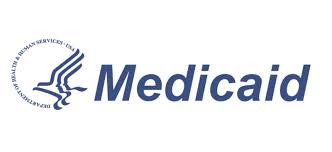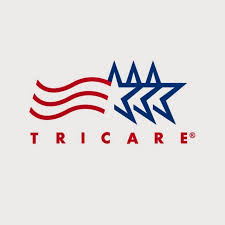Understanding PTSD
Post-Traumatic Stress Disorder (PTSD) is a mental health condition triggered by experiencing or witnessing a traumatic event. It can cause severe anxiety, flashbacks, nightmares, and emotional distress. At Tibbi Healthcare, we provide specialized care to help individuals manage PTSD symptoms and regain control of their lives.
PTSD can affect anyone, regardless of age or background. Symptoms may include intrusive memories, avoidance of reminders of the trauma, negative changes in mood and cognition, and heightened arousal responses. Our team is trained to recognize these symptoms and provide effective treatment options.
We understand that PTSD can be overwhelming, and seeking help is a crucial step toward healing. Our compassionate team is here to support you through every step of your recovery journey. We offer a range of evidence-based therapies, including cognitive behavioral therapy (CBT), exposure therapy, and medication management, tailored to your specific needs.











